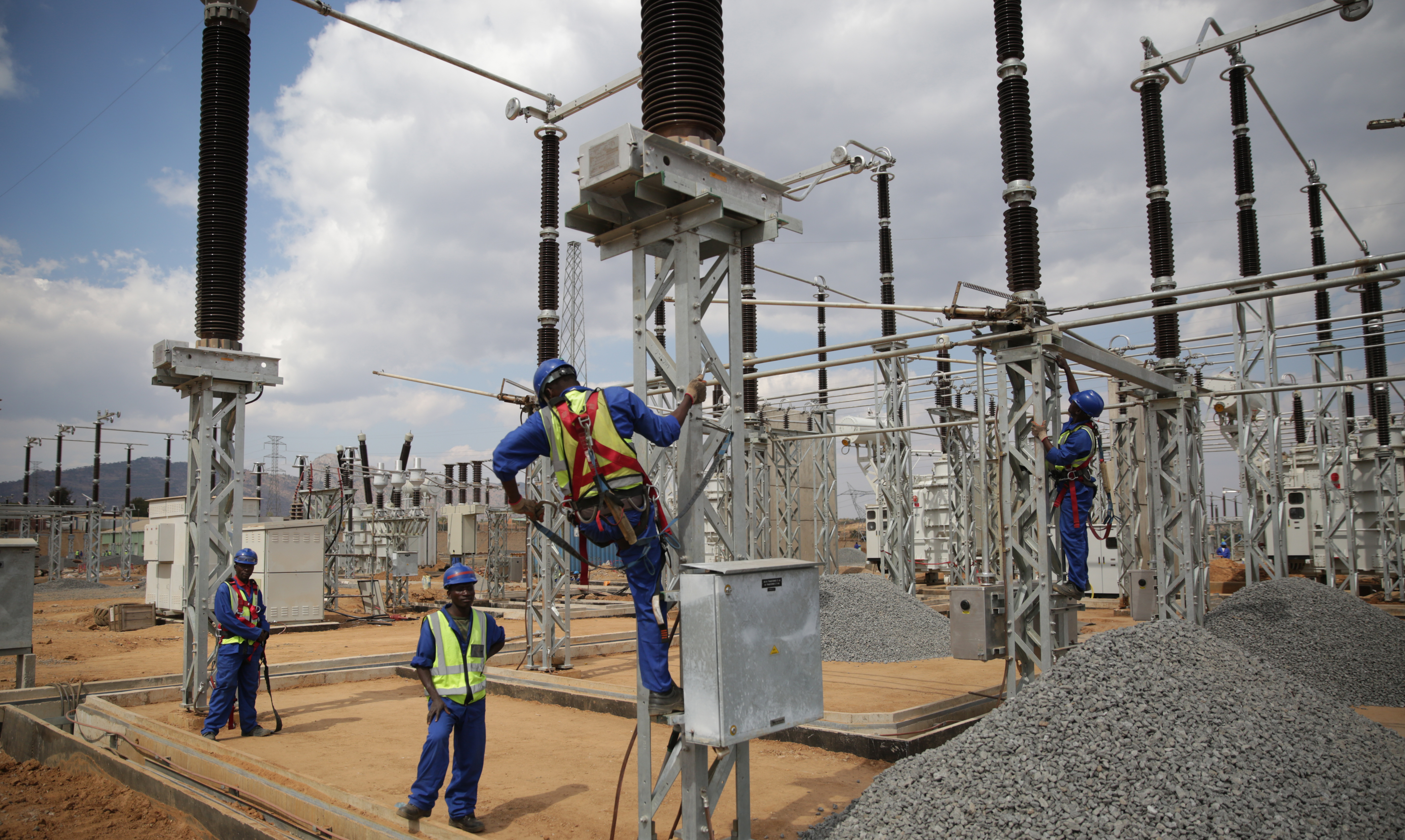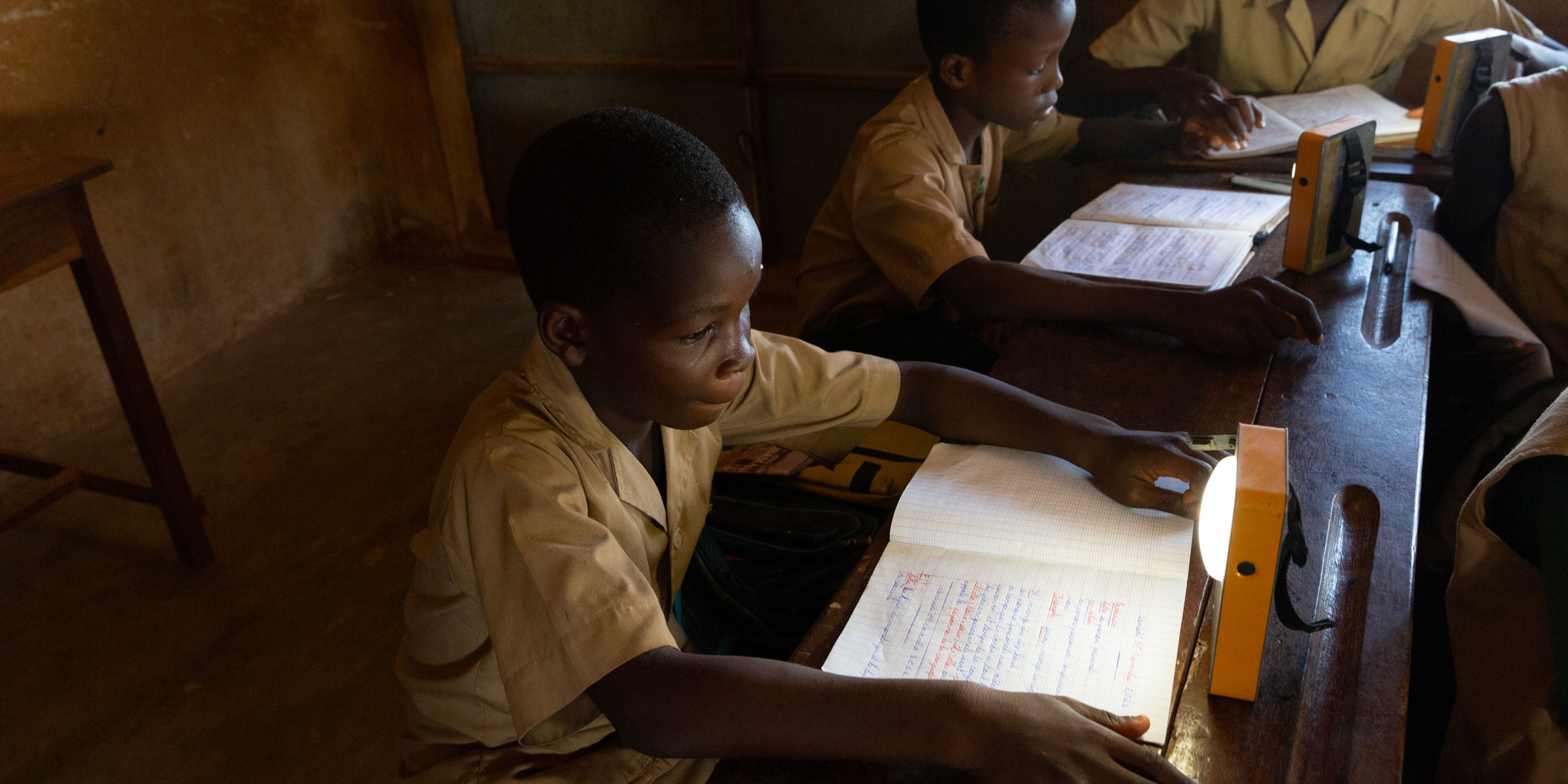-
113
megawatts of generation capacity added -
4,750
megavolt amps of substation capacity added -
7,987
kilometers of electricity lines upgraded or built -
44,507
customer connections added by project
As of Sep 10, 2023
One of the major obstacles to poverty reduction through economic growth and job creation in developing countries is an electricity supply that is insufficient, unreliable, or unaffordable. More than 1.3 billion people around the world lack access to electricity. This stifles investment, increases costs of goods and services, and often forces families to seek electricity sources that are expensive and environmentally unfriendly. An unreliable source of electricity can hamper the delivery of critical services like health care and reduce job opportunities, particularly for the poor and socially disadvantaged.
Country-led development is a core principle of MCC investments. Many of MCC’s partner countries identify and prioritize electricity investments as a building block for the economic development of their countries and the well-being of their citizens. MCC invests in the electricity sector to create self-sustaining electricity systems to meet current and future household and business electricity needs and attract private investment to stimulate economic growth.
Attracting private investment
With the electricity sector investment needs of Africa and South Asia estimated at approximately $40 and $70 billion per year, respectively, these regions need to look beyond traditional donors, development banks, and domestic markets to plug the investment gap. Private sector capital and expertise are vital to expanding and improving the sector. Transparent governance, contract enforcement, creditworthy institutions, and respect for the rule of law are some of the necessary preconditions to attract this kind of investment. MCC helps partner countries to address gaps in their electricity sector policies, laws and regulations, and strengthens sector institutions to help create a business-friendly environment.Private Sector in Benin
MCC will increase Benin’s domestic generation capacity through investments in utility-scale solar generation projects as part of the Benin Power Compact. With MCC’s assistance, the Government of Benin is working to have the private sector bid, win, develop and finance these projects. They are expected to dramatically increase the amount of installed capacity in Benin—equivalent to one-third of the country’s current peak demand—while helping the country reduce its reliability on energy imports.Building infrastructure

Workers at the 400 kilovolt Nkhoma Substation—a significant transmission upgrade completed as part of MCC's $350.7 million compact with Malawi.
MCC also rehabilitated and expanded the 88 megawatt Mount Coffee hydropower facility in Liberia and is procuring firms to construct low-voltage distribution lines and substations in Benin.


